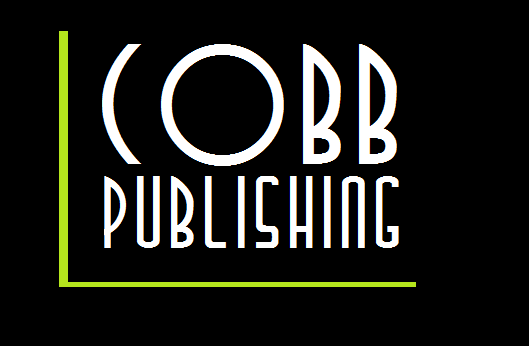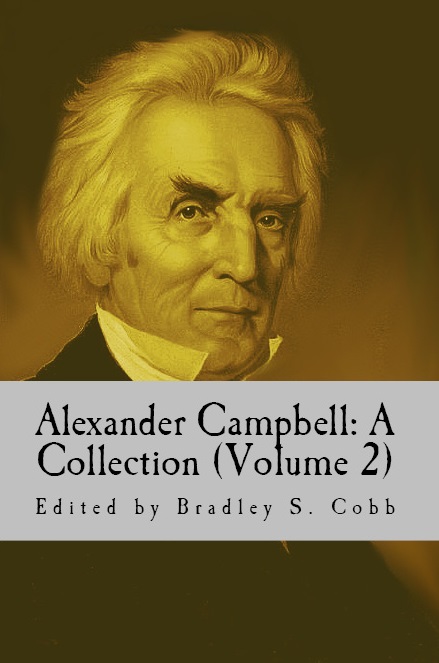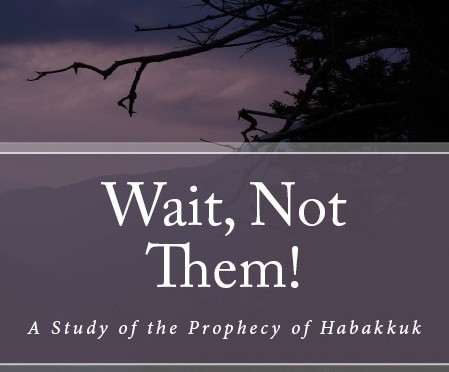To celebrate the release of our latest book, Wait, Not THEM! A Study of the Prophecy of Habakkuk, we are going to give you a sneak peak–a just-for-you look at the introduction of the book.
But before we do, let me take just a few seconds to tell you about what’s in the book.
- Thorough, in-depth, yet easy-to-understand notes on every verse in the book. It’s even broken down by sections–sometimes by words–so that you know exactly what Habakkuk is talking about.
- Keeping it in context. One of the things that we have striven to do with our commentaries is to never take a verse out of context. We show the explanation of the verse based on how it fits in the book. If there are New Testament uses of some of the verses, then we point that out and show the greater meaning.
- Modern-day application. We make it a point throughout this book (and all of our commentaries) to show what it meant to the original readers, and how those same principles also apply to us today.
- Offering of different interpretations. On some passages, words, or phrases, sometimes the exact meaning isn’t completely clear. When this is the case, we present any possibilities that seem plausible and that also fit the context. We give the pros and cons of each view, state which one we prefer and why, but leave it to the reader to make their own judgment.
It was written to be helpful to both the new Christian as well as the one who has been involved in Bible study and teaching for decades.
What others have said about this book:
- Homer Hailey doesn’t have much on this passage in lieu of what you have. –A preacher.
- I find this intriguing. You apparently did your research on this. –A preacher and writer from Alabama.
- I loved it. So much detail and so much meat! –A Bible teacher in Oklahoma.
If you’re interested in ordering the book (in print or as an eBook), click here. It’s also available via Amazon.com in print or as a Kindle file.
Now, without further talking, here is the…
Introduction
Habakkuk is among the most overlooked and ignored books of the Bible. Perhaps this is because it’s so short. Perhaps it’s because there really isn’t a clear prophecy of Jesus Christ in the book. Perhaps it’s because it doesn’t have any action or stories in it (like Jonah). Whatever the reasons may be, this book hasn’t gotten the attention it deserves. After all, it is Scripture, and all Scripture is given by inspiration of God and is profitable (II Timothy 3:16).
Who Wrote It?
The writer is the prophet Habakkuk. The book is described as the “burden” (or prophecy) which Habakkuk saw (1:1). Someone might rightfully ask, “Couldn’t someone else have written it, just describing what Habakkuk saw?” That might be a possibility, except that the writer claims to be the one who received the prophecy. The writer says, “And the LORD answered me…” (2:2). Also, at the end of the book, the writer says “When I heard, my belly trembled; my lips quivered at the voice; rottenness entered into my bones, and I trembled in myself…” (3:16). This shows that the author is the one who received the prophecy. He identifies himself as the prophet Habakkuk (1:1).
Who is Habakkuk?
Outside of this book, there is no biblical information about Habakkuk.
Habakkuk’s name comes from a word that means “to embrace.” So, it appears that his name carries the idea of “one who embraces” or “one who clings.” In the end of the book, Habakkuk is still clinging to God even in the face of the impending destruction.
Some have suggested that he was a professional prophet, because he identifies himself as “Habakkuk the prophet” (1:1). There were those who, like Elijah or Samuel, were known to be prophets and who made their living by the offerings of the people (see I Samuel 9:6-9).
Others have also suggested that Habakkuk was a priest of God, a Levite who served in the temple worship. This suggestion is based on the final verse of the book, which says “to the chief singer on my stringed instruments” (3:19). Both of these suggestions are possible, though they cannot be definitively proven.
Because of the content of Habakkuk’s prophecy, we can know for certain that he was a resident of Judea (see 1:2-4). We can know that it was written prior to Babylon’s invasion of Jerusalem in 606 BC (which was prophesied in 1:6-11). Beyond that, there is little we can discern.
There is one noteworthy mention of Habakkuk outside of the Scriptures. In the Apocrypha[1], there are two additional chapters to the book of Daniel. One of these chapters is referred to as Bel and the Dragon. In this story, Daniel (who is in Babylon) is thrown into the lion’s den (chronologically, this would have been immediately after the famous lion’s den episode of Daniel 6). In the lion’s den, Daniel is starving. So, in order to make sure Daniel doesn’t starve to death, the Angel of the LORD goes to Judea and tells Habakkuk to go feed Daniel. Habakkuk had just made some soup, and is told, “Carry the soup to Daniel who is in a lion’s den in Babylon.” Habakkuk replies, “I’ve never been to Babylon, and I don’t know where this den would be.” So, the Angel of the LORD grabs Habakkuk by the hair, and flies him to Babylon so he could feed Daniel. Then he grabs him again by the hair and flies him back to Judea.[2]
As you can hopefully see, that information is ridiculous, and gives us no reliable information about Habakkuk.
When Was it Written?
The only thing we can say about the date with absolute certainty is that it was written prior to the invasion of Judea by the Babylonians in 606 BC. The invasion is prophesied as a future event by God in 1:5-11. In 1:5, God says that it will happen in “your days,” meaning during the days of the people then living.
We can be a bit clearer with the date based on Habakkuk’s reaction to God’s announcement. God announces that the Chaldeans (the Babylonians) were going to attack. Habakkuk was extremely familiar with them (1:12-17). Babylon wasn’t really a world-power until around 615. They took and destroyed Nineveh, the capitol of the Assyrian Empire, in 612 BC. This seems to point to a date of 615-612 BC at the earliest.
We can narrow it down a bit more when we see the spiritual condition of the land. According to 1:2-4, the entire nation was wicked to the point where God’s prophet is calling for divine intervention. Josiah had reformed the nation, bringing them back into compliance with God’s word. However, after Josiah died in 609 BC, the nation went downhill fast. The king, Jechoniah, was ready to kill Jeremiah for prophesying.
Based on this information, it appears that we can date Habakkuk’s writing to be between 609 and 607 BC. This would place Habakkuk as a contemporary with Jeremiah.
Who Was it Written To?
It was written to the Jews as a whole. It was written to let them know what was coming and why it was coming. It was written to the wicked Jews so they would understand exactly what God thinks about their wickedness. It was written to the faithful Jews to let them know that God was not going to stand by and let wickedness reign in His nation.
Why Was it Written?
This prophecy was recorded to prepare the faithful for what was about to happen. It was written to encourage the faithful to remain that way. It was written to condemn the wicked, and show that the upcoming destruction was justified because of their wickedness.
Ted Clarke stated it this way:
The ultimate purpose of Habakkuk’s prophecy was to show the grand truths that the just shall live by faith, and that the wicked will not go unpunished.[3]
Interesting Notes:
Most of chapter two deals with the reasons for Babylon’s eventual destruction, but these reasons also apply to Jerusalem, and show that it deserved destruction as well. Babylon and Jerusalem are equated in that section. They are also equated in the book of Revelation (Jerusalem being the “Babylon” mentioned there).
Outline of Habakkuk:
- Habakkuk’s complaint (1:1-4)
- God’s reply (1:5-11)
- Habakkuk’s response (1:12-2:1)
- God’s second reply (2:2-20)
- Habakkuk’s prayer (3:1-2)
- Habakkuk’s psalm (3:3-19)
Final Note:
This commentary uses the King James Version as its basis, though we have taken the liberty to update the spelling and language slightly (for example: didst is now did) to make it more reader-friendly.
—
[1] These are additional books and chapters accepted as part of the Old Testament by the Catholic Church. They never appear in Hebrew Old Testament manuscripts, but only in Greek copies. The Jews never accepted these books and extra chapters as inspired, and none of these writings were ever referenced by the New Testament writers.
[2] These events can be found in what is referred to as Bel and the Dragon, or Daniel 14:28-38. See Appendix A.
[3] Clarke, Ted, “Habakkuk Notes” The Preaching School Collection, e-Sword edition, available from www.TheCobbSix.com.



